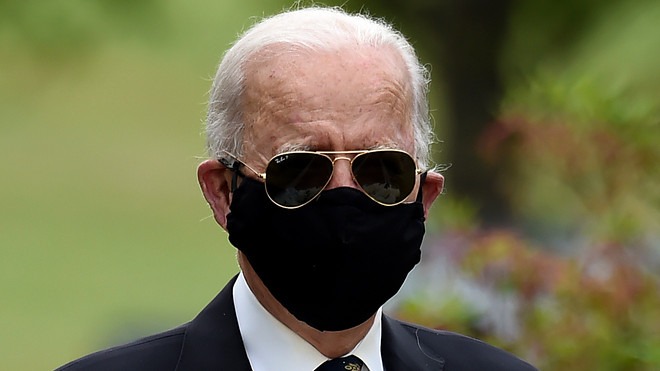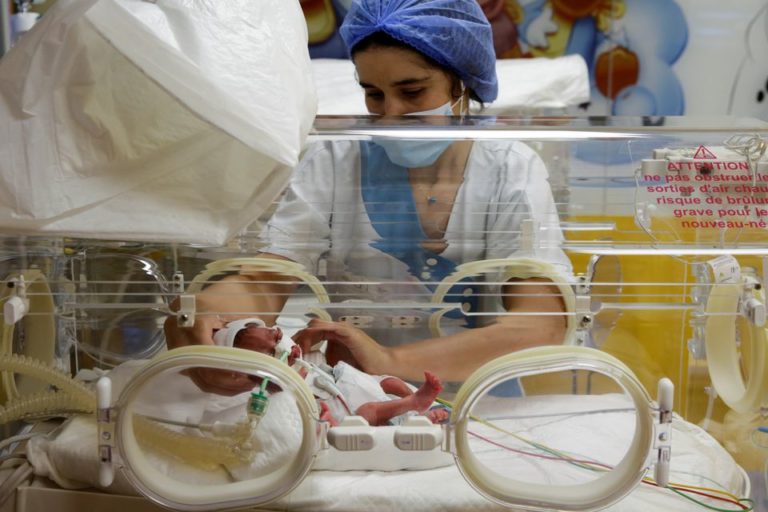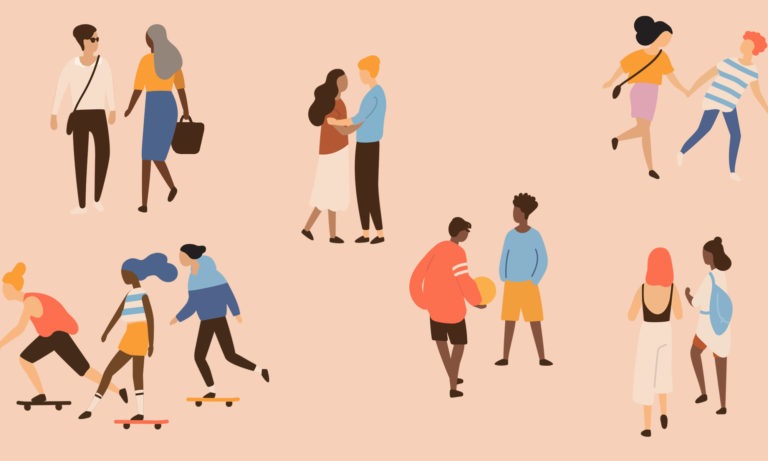CDC has lifted the mask mandates for many states! However, others are cautious about the new CDC guidance prompts. Here is everything you need to know!
Ellen DeGeneres’ Show Is Cancelled After 19 Seasons
We have seen the once beloved TV host all over the media this year, and now Ellen DeGeneres’ show is cancelled. What does Ellen have to say about the show coming to an end?
Our North Carolina Mountain Vacation Guide!
Planning a summer get-away? Be sure to consider a North Carolina Mountain vacation! With adventure and beauty around every corner, don’t waste a second this summer deciding where to go. Here is our guide to the perfect mountain trip.
Leonardo DiCaprio’s New Movie; Everything You Need To Know
The much anticipated film set to be released this year and will star none other than Leo himself. In Leonardo DiCaprio’s new movie he has been called unrecognizable.
Why Your Spouse Prefers Their Friends Over You
It is a common complaint in many marriages that a spouse prefers their friends over their partner. Well, here is the perfect guide for you to take care of this problem.
10 Tips to Relieve Allergies Without Drugs
As allergy season approaches, the need for pills may seem like the only viable option. However, we have 10 tricks to relieve allergies without drugs.
What Is The Colonial Pipeline Hack & Why Does it Matter?
Over the weekend, the shutdown of major US petroleum pipeline as a result of a ransomeware attack. What does this mean and who is it affecting?
7 Celebrities Who Love Crystals and Their Favourite Stones!
Crystal Curiosity is taking over and these are some celebrities who love crystals! These stars are all about healing stones and their powerful energies.
10 Places To Visit Before It’s Too Late
Climate Change is rapidly changing the Earth and these are 10 places to visit before it’s too late! Global warming is the number one reason these places are disappearing and it isn’t just islands and low lying countries.
Chicago’s Exclusive Concert Series for the Fully Vaccinated
Chicago’s exclusive concert series is only for the fully vaccinated. City officials hope that this will encourage vaccinations.
Can American’s Travel to Cuba?
The tension between Cuba and America is slowly easing but can American’s travel to Cuba? Find out how you can visit Cuba and why it is a must see destination!
LA Pride Parade is Cancelled Again This Year
This is the second year in a row that the LA Pride parade will be cancelled however, there will be other ways to celebrate!
Move Over Octomom, New Mom Gives Birth to 9 Babies
A 25 year old Malian women gives birth to 9 babies, beating out 2009 Guinness World Record holder, Octomom.
Halley’s Comet Debris is Lighting Up The Sky This Week
A special thanks to Halley’s Comet for make this is an exciting week for outer space enthusiasts! Here is everything you need to know about the meteor shower, how and where to watch.
Is Free Wi-Fi Really Free?
Sitting in a hotel room and you notice “free wi-fi” but are you second guessing what “free” really means?
Is Shanghai Modern or Traditional?
Shanghai is China’s largest city and represents all that is modern. Shanghai is also China’s capital of finance, culture and showcases “new China” . Which is an intersection of fashion, media, finance and capitalism at its finest.
Homemade DIY Salami
Looking to impress your friends with the ultimate charcuterie board? This DIY salami will have everyone asking for this recipe!
All About the Benefits of Emu Oil
The holy grail of skin treatment is here; Emu oil! This protective oil will be your go to for any skin irritation. Here is everything you need to know about Emu oil!
Do Healing Crystals Really Work?
Healing crystals have been booming in popularity in the recent years. However, do they really help improve our overall health?
10 Easy Tips For Lowering Cholesterol
Lowering cholesterol is a struggle for many Americans. Having high cholesterol can be extremely dangerous especially as we get older. Here are 10 easy tips on how to lower yours today!
New Governor of California Could Be Caitlyn Jenner
Is Caitlyn Jenner’s run for Californian governor about celebrity or transgender equality?
This Springs Must See Netflix Original Series 2021
Here we go! Here are our top picks of this springs must watch Netflix Original series and films.
Timothée Chalamet New Movie Coming This October
Whose excited for a new Timothée Chalamet movie this October? Here is what to expect from this new take on a cult classic.
Self Care Tips for Feeling Younger
Self care tips for feeling younger don’t require any products or expensive treatments. All it takes is a little “me time” and here are some simple things you can do at home everyday!
Self Care In California
Among the most notable Californian customs, is the act of self care. Finding a top-class retreat in California just got a little easier!
Advantages of Online Shopping
What are the advantages of online shopping? It seems like everyone and their grandma uses Ecommerce, but how is it actually beneficial?
8 of the Best Free Dating Apps 2021
If the Covid pandemic taught us anything, it’s that being alone is no fun. With it being difficult meeting people in real life, we look to dating apps for connection!





























